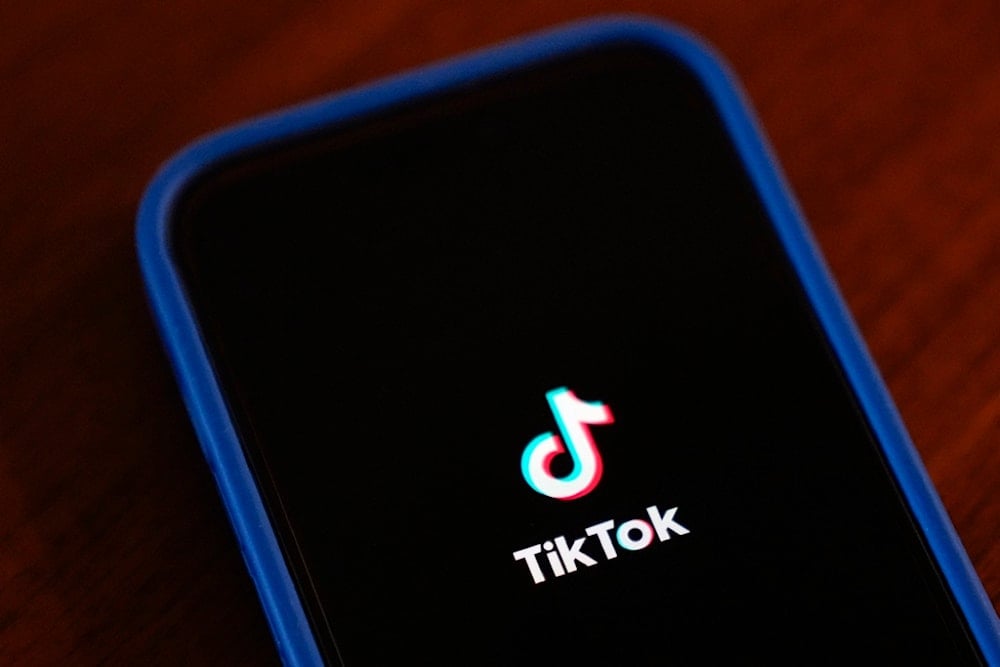China delays TikTok sale to maximize leverage in trade talks: NYT
China is holding off on approving TikTok's US sale to strengthen its position in trade negotiations with Washington, using the deal as a bargaining chip amid escalating tariff tensions.
-

FILE - The TikTok app logo is shown on an iPhone on Friday, Jan. 17, 2025, in Houston. (AP Photo/Ashley Landis, File)
Beijing is deliberately stalling the approval of a deal to transfer TikTok's US operations to a group of American investors, using the delay as leverage in ongoing trade negotiations with Washington, the New York Post reported, citing informed sources.
The Chinese government is reportedly holding off on endorsing the transaction until President Xi Jinping is satisfied that the tariff discussions with the US have yielded maximum strategic benefit. "China will not greenlight the sale of the video-sharing app's US business until President Xi Jinping is confident that he has extracted as much as he can from a tariff deal with the White House," the sources reportedly said.
The US passed legislation earlier this year requiring ByteDance, TikTok's parent company, to divest its American operations by January 19, 2025, or face a nationwide ban, extendable by three months if a sale is underway. The law was later upheld by the US Supreme Court, cementing the deadline and intensifying pressure on both sides.
TikTok Standoff
Over the weekend, President Donald Trump announced that he would soon reveal the group acquiring TikTok, describing them as "very wealthy people." Negotiations around the sale have reportedly involved prominent investors such as Andreessen Horowitz and Blackstone, although no formal buyer has been confirmed.
ByteDance's cooperation remains central to the deal. The company had previously proposed Project Texas, a plan to route US data through Oracle servers and increase local oversight, but US officials deemed it insufficient to address national security risks.
Concerns remain over the possibility that China's government could compel ByteDance to share sensitive user data or manipulate content via TikTok's algorithm, classified as dual-use technology and thus subject to Chinese export controls.
In April, China's Foreign Ministry responded to the escalating pressure by urging Washington to maintain "an open, honest, fair and non-discriminatory business environment for Chinese companies operating in the country."
That same month, Trump delayed enforcing the TikTok ban, citing near-finalization of an agreement to transfer the app's US operations to an entity majority-owned by American investors. However, following a new round of US tariffs on Chinese goods, ByteDance reportedly told the White House it would not proceed with the deal until broader trade disputes were addressed.
Read more: China's rare earth grip forces US concession: FP
The fate of TikTok's US future now hinges on geopolitics as much as market negotiations, with Beijing leveraging the app's sale as a bargaining chip in a high-stakes standoff over tariffs, technology, and strategic influence.

 3 Min Read
3 Min Read










